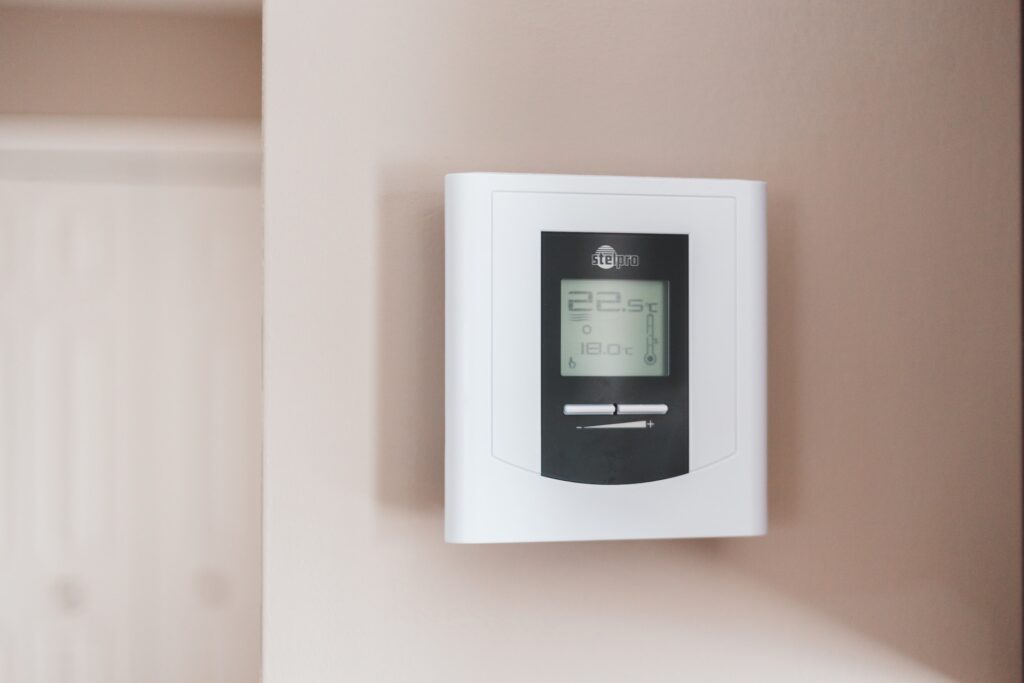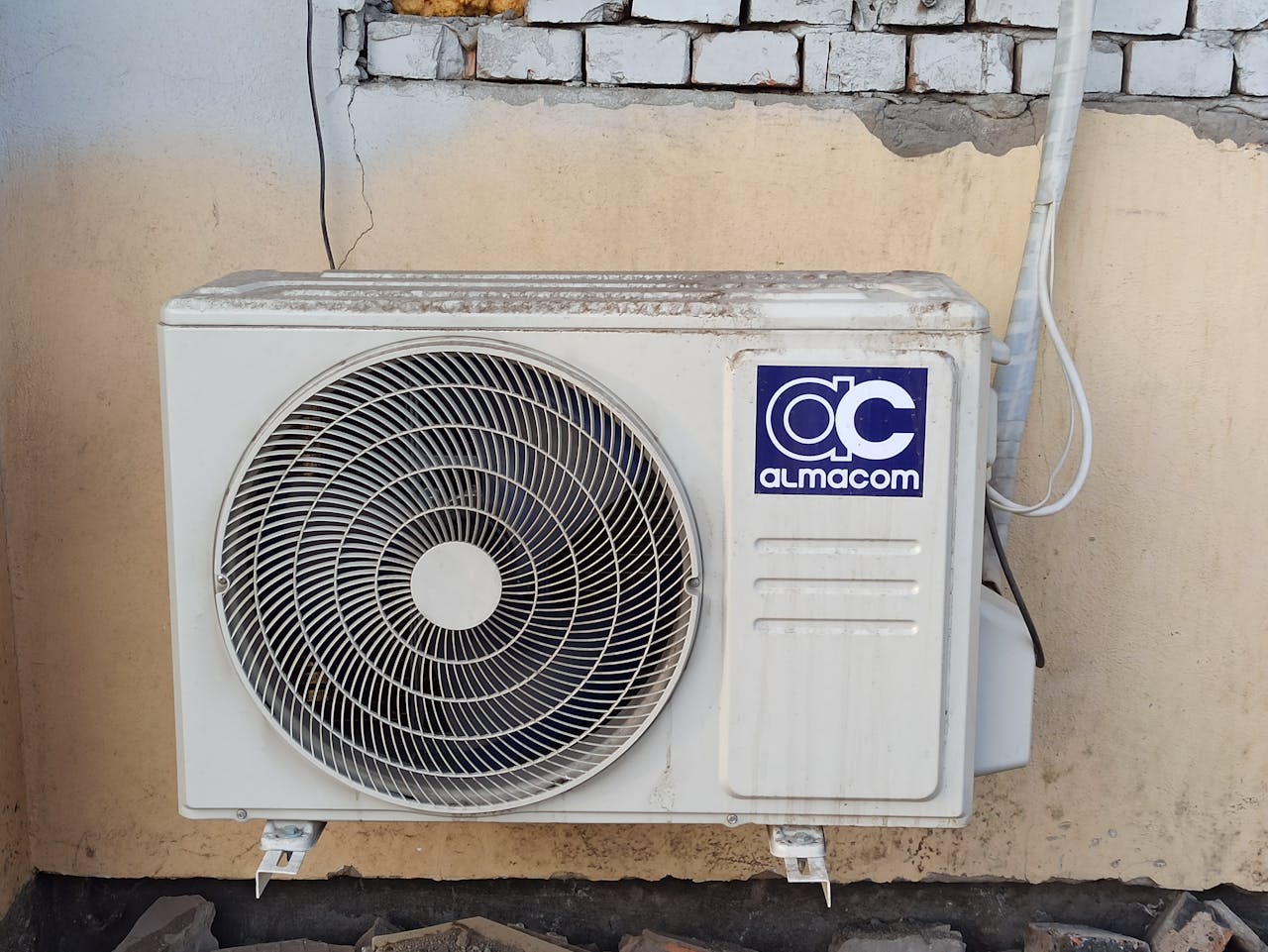With the rapid advancements in technology, home comfort solutions have gone beyond merely adjusting the temperature with a traditional thermostat. One notable innovation in the HVAC industry is the smart thermostat – a cutting-edge device designed to provide unprecedented control, efficiency, and convenience in maintaining your Denver home’s indoor climate. In light of the array of options available, homeowners may find it challenging to decide between a smart thermostat and a traditional thermostat.
This article aims to guide you through a comprehensive comparison of smart thermostats and traditional thermostats, examining the features, benefits, and limitations of each to help you determine which option best suits your home’s comfort needs. Furthermore, as a leader in providing expert plumbing, HVAC, and electrical solutions in Denver, CO, Doctor Fix-It Plumbing, Heating, Cooling & Electric is always here to help you make informed decisions for the comfort and efficiency of your living space.
1. Overview of Traditional Thermostats
Traditional thermostats, also known as manual thermostats, have been a staple in homes for decades. They serve as basic temperature control devices that allow homeowners to adjust the temperature setpoint manually. Let’s examine the benefits and drawbacks of traditional thermostats.
Advantages:
- Lower Upfront Cost: Traditional thermostats are typically more affordable than smart thermostats, making them a budget-friendly option for homeowners.
- Easy to Use: These thermostats offer straightforward controls for changing the set temperature without needing to navigate through complicated interfaces or settings.
Disadvantages:
- Limited Features: Traditional thermostats lack advanced features, such as remote control, energy usage reports, and adaptive learning, which are available in smart thermostats.
- Lower Energy Efficiency: Since manual thermostats don’t provide usage data or self-adjusting capabilities, it can be challenging to optimize energy efficiency and reduce costs.
2. Introduction to Smart Thermostats
Smart thermostats are modern, Wi-Fi-enabled devices that go beyond the basic functionality of traditional thermostats by offering advanced features, such as remote control, automated scheduling, and energy usage monitoring. Here’s an overview of the advantages and disadvantages of smart thermostats:
Advantages:
- Enhanced Energy Efficiency: Smart thermostats can help homeowners save on energy costs by providing real-time usage data and automatically adjusting temperature settings based on learned habits or occupancy detection.
- Remote Control and Monitoring: Smart thermostats connect to Wi-Fi, allowing homeowners to manage and monitor their HVAC systems from a smartphone, tablet, or computer, regardless of their location.
- Intelligent Scheduling and Learning: Many smart thermostats come with built-in algorithms that learn your daily routines and adjust the temperature accordingly for optimal comfort and energy efficiency.
- Integration with Smart Home Systems: Smart thermostats can seamlessly integrate with popular home automation platforms, such as Amazon Alexa, Google Assistant, and Apple HomeKit, for additional convenience.
Disadvantages:
- Higher Upfront Cost: Expect to pay more for a smart thermostat than a traditional model, although potential energy savings can offset this difference over time.
- Compatibility Concerns: Some older HVAC systems may not be compatible with newer smart thermostats, necessitating an upgrade or additional equipment for proper installation.
3. Energy Savings: Comparing Smart and Traditional Thermostats
One of the primary appeals of smart thermostats is their potential to save on energy costs by optimizing temperature settings and efficiently managing your home’s HVAC system.
Ultimately, the energy savings achieved with a smart thermostat will depend on factors like your region, home insulation, HVAC system efficiency, and, most importantly, usage habits. Homeowners willing to make the most of their smart thermostats’ features may see more significant savings compared to those who only utilize basic functions.
4. Factors to Consider When Choosing a Thermostat
When determining whether a smart or traditional thermostat best suits your Denver home’s comfort needs, keep the following considerations in mind:
- Budget: While the initial cost of a smart thermostat can be higher than a traditional model, the potential energy savings and added convenience may outweigh the additional investment over time.
- Compatibility: Ensure your heating and cooling system is compatible with the smart thermostat you’re considering. If your HVAC system is older, you may need to upgrade or invest in additional equipment to accommodate the new thermostat.
- Desired Features: If you prioritize convenience, automation, and integration with other smart home devices, a smart thermostat could be the right choice. However, if you’re content with manually adjusting your home’s temperature and foregoing advanced features, a traditional thermostat might suffice.
- Energy Efficiency Goals: If you aim to maximize energy efficiency and reduce your Denver home’s carbon footprint, a smart thermostat’s usage data insights and automated features can help you make better decisions about your heating and cooling habits.
Choose the Ideal Thermostat for Your Denver Home
Deciding between a smart thermostat and a traditional thermostat for your Denver home ultimately comes down to your budget, compatibility, desired features, and energy efficiency goals. Both types of thermostats offer unique advantages, so it’s crucial to evaluate which option aligns with your comfort needs and preferences.
As a renowned provider of expert plumbing, HVAC, and electrical services in Aurora, CO, Doctor Fix-It Plumbing, Heating, Cooling & Electric is here to help you make the best decision. Our experienced professionals can guide you through the selection process, provide valuable insights, and ensure a seamless installation of your chosen thermostat. Don’t leave your home’s comfort to chance – trust our experts to help you find the perfect thermostat solution for your Denver home. Contact us today to schedule a consultation or learn more about our comprehensive range of services.

















